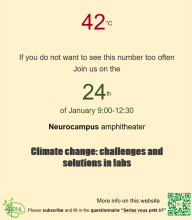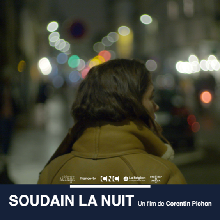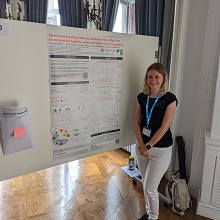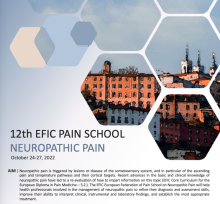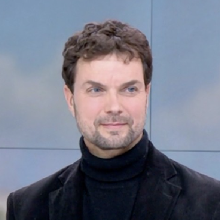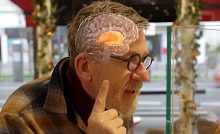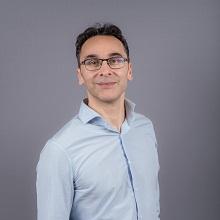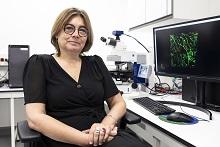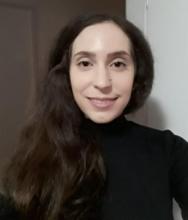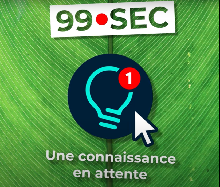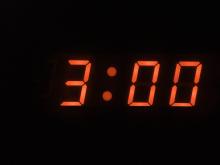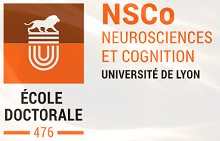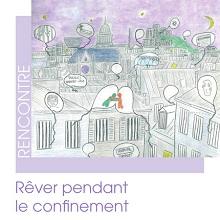Le sommeil est une magie.
Le sommeil est un droit.
Bonne Nuit, Bon Jour est une campagne de promotion du sommeil des enfants et des adolescents lancée par le COFRADE (Conseil français des associations pour les droits de l’enfant) avec le soutien de l’INSV (Institut national du sommeil et de la vigilance).
Dans ce cadre, le Cofrade a réuni, lundi 17 octobre au Sénat, les représentants des familles et des enseignants, les professionnels de la santé, de l'éducation et de la petite enfance, autour des spécialistes du sommeil. Au cours de cette matinée, il a été abordé les effets du sommeil sur la santé et les apprentissages de l’enfant et de l’adolescent ainsi que les enjeux collectifs autour de cette thématique. Avec la participation d'Amandine Rey (NEUROPAIN CRNL).














